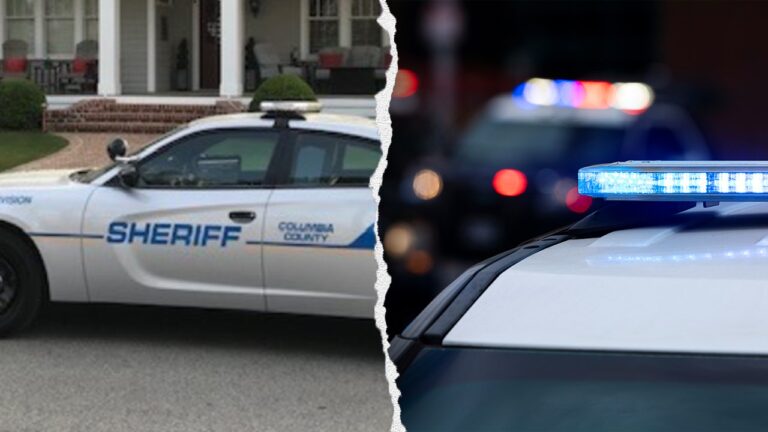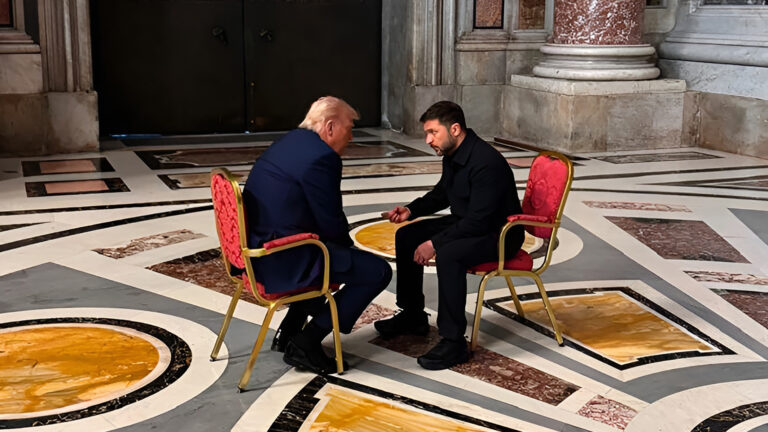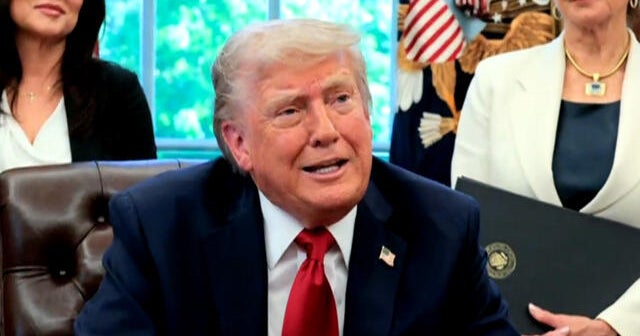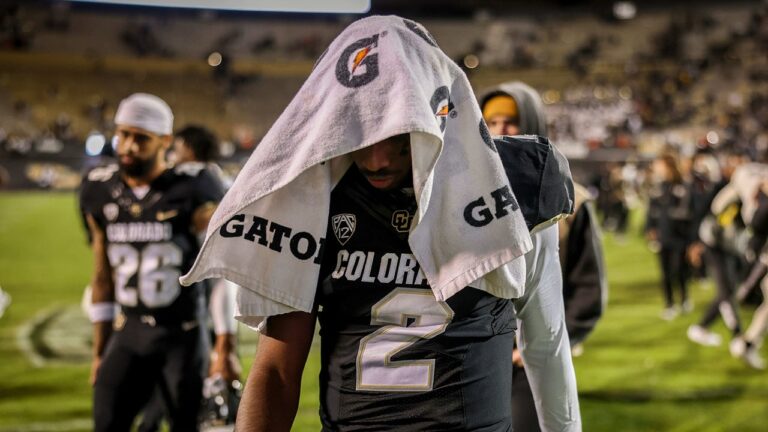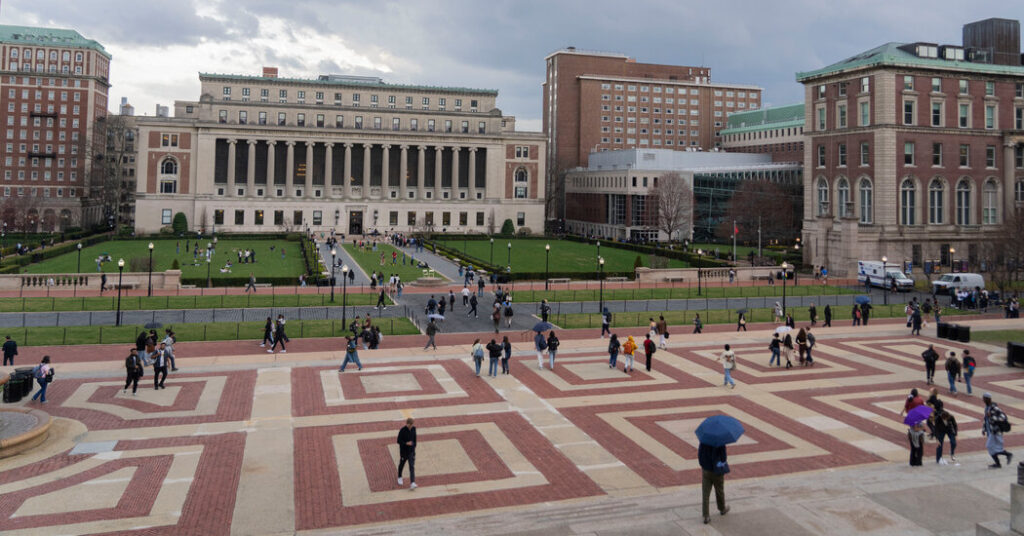
The Trump administration’s swift initial rollout of orders seeking more control over universities left schools thunderstruck. Fearing retribution from a president known to retaliate against his enemies, most leaders in higher education responded in February with silence.
But after weeks of witnessing the administration freeze billions in federal funding, demand changes to policies and begin investigations, a broad coalition of university leaders publicly opposing those moves is taking root. The most visible evidence yet was a statement last week signed by more than 400 campus leaders opposing what they saw as the administration’s assault on academia.
Although organizations of colleges and administrators regularly conduct meetings on a wide range of issues, the statement by the American Association of Colleges and Universities was an unusual show of unity considering the wide cross-section of interests it included: Ivy League institutions and community colleges, public flagship schools and Jesuit universities, regional schools and historically Black colleges.
“We speak with one voice against the unprecedented government overreach and political interference now endangering American higher education,” the statement said.
Although it contained no concrete action, and what’s next was unclear, the collective stance reflected a group more galvanized than ever to resist.
“When we are teaming up with higher ed across the board, it’s more than just about what the elite think,” Richard K. Lyons, chancellor of the University of California, Berkeley, said in an interview after the school signed on. “At some level, that really disparate, wide-angle, wonderful group of colleges and universities that signed the message, I find quite heartening.”
Another signatory, Brian Sandoval, president of the University of Nevada, Reno and a former Republican governor of the state, said he was not viewing the statement through a political lens. “I’m concerned about what we’ve seen and what we’re experiencing,” he said.
The joint statement from university leaders, many of them energized by Harvard’s confrontation with the Trump administration, emerged even after higher education associations and a handful of universities filed lawsuits fighting cuts to funding from the National Institutes of Health and the Energy Department. And heads of colleges had been talking and meeting with one another more frequently than they had since the Covid-19 pandemic, with some engaged in discussions in Washington.
The Association of American Universities, an exclusive trade group that counts the nation’s most powerful schools among its 71 members, is meeting there this week, its first gathering since President Trump’s inauguration. The meeting is not open to the public, but it could end up as a strategy session about how to address the administration’s moves, including its investigations of campus antisemitism, diversity programs and admissions practices and its attempts to control what is taught in classrooms.
Those actions stem from the administration’s desire to punish institutions it says have inadequately addressed antisemitism and indoctrinated students with liberal viewpoints.
Boards of major education groups have been speaking more frequently.
“A day doesn’t go by that there’s not an email that goes out,” said Mr. Sandoval, a member of the board of the Association of Public and Land-grant Universities. “There’s a lot of communication.”
One president of a private university, who spoke on the condition of anonymity to discuss strategy, said on Wednesday that he and other university leaders were on Capitol Hill a lot more than they used to be.
When asked whether additional lawsuits will be filed against the Trump administration, which next week will pass its 100th day, several university presidents contacted by The New York Times declined to make predictions or referred to secret contingency plans.
The group statement grew out of discussions among presidents and other academic leaders, and an urgent concern among many of them that leaders were not speaking out against the White House, said Lynn C. Pasquerella, who heads the group that wrote the statement.
“We decided to see whether there was a will for collective action,” she said.
Dr. Pasquerella, a former president of Mount Holyoke College, added that many leaders were getting pressure from their campuses to say something.
The organization convened two virtual listening sessions, attended by 193 college and university leaders, to gauge the group’s interest.
The statement that was agreed on is far from radical, focusing on opposition to “undue government intrusion in the lives of those who learn, live and work on our campuses,” but it was significant in that it represented an unusually broad consensus among the disparate members.
At first, the statement had only 100 signatures. Support grew as university leaders sensed strength in numbers, Dr. Pasquerella said, adding that one university president signed and then asked to be removed after receiving pushback.
While most of the signers are from blue states, some represent red state colleges, such as Millsaps College in Jackson, Miss., the University of the South in Sewanee, Tenn., and Talladega College in Alabama.
Many other red-state presidents have not joined the effort.
“I saw absolutely no upside — none,” said the leader of a private university in a Republican-led state who also asked to remain anonymous about the private discussions and has, even previously as a faculty member, been skeptical of petition drives.
The official, skeptical that one additional signature would prove decisive, added, “I don’t think a petition is going to change the mind of the president, his administration or anybody in Congress.”
And the official sensed a potential downside: angering the White House.
That fear is real for many schools, said Wesleyan University’s president, Michael S. Roth, who also signed the statement. He has been a vocal critic of the administration’s actions affecting universities and recently participated in a “Hands Off” protest near the school’s campus in Middletown, Conn. He said he was not surprised that some universities had turned down the opportunity to sign.
“This administration is very ready to exact retribution on its foes,” Dr. Roth said. “I asked a lot of people to sign, and many people said: ‘I can’t sign. I’m afraid.’”
